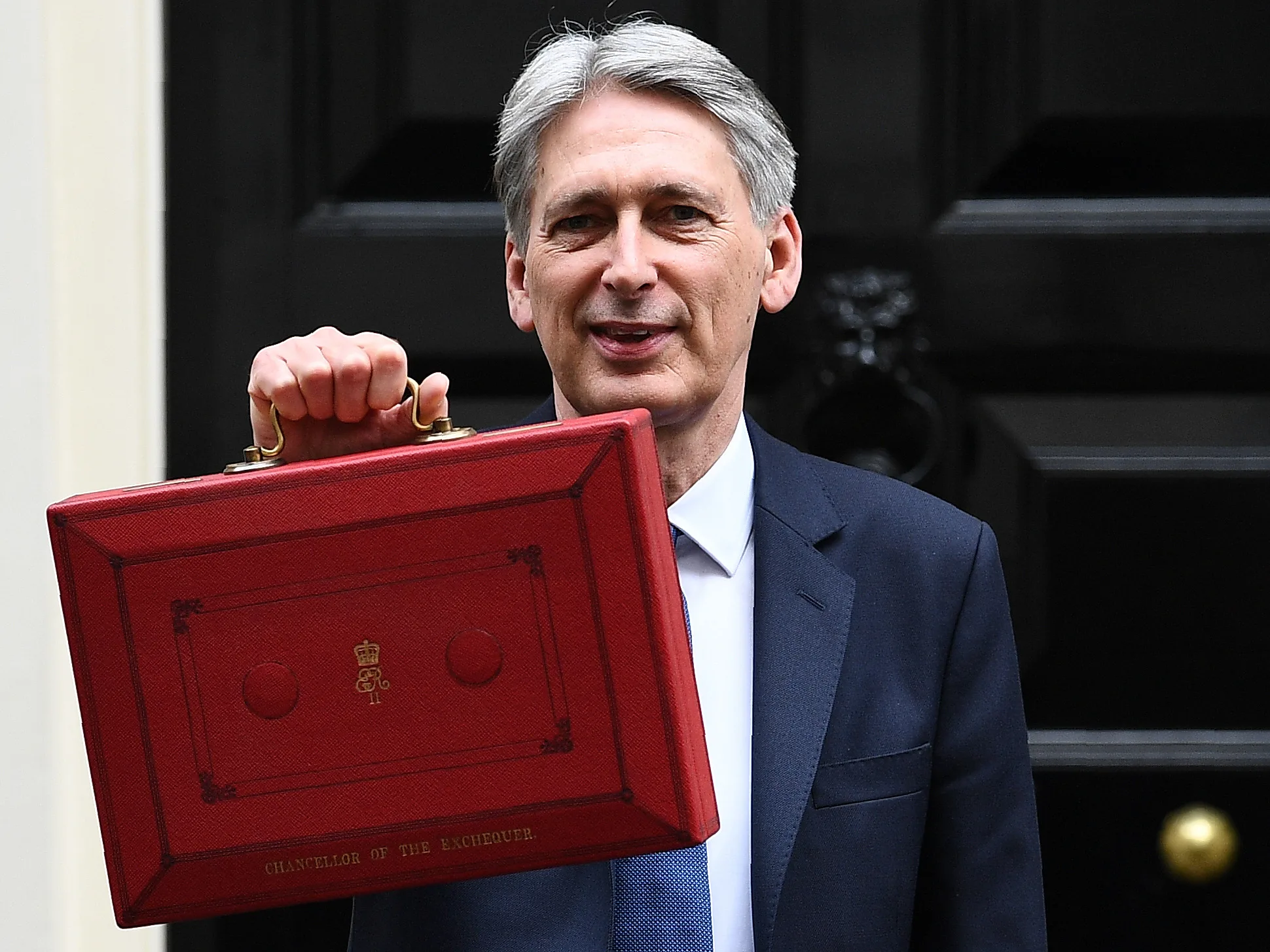05 Jan 2018
A Look Ahead to 2018
By John Shepperd; Economics Adviser to Butler Toll Asset Management
The start of any New Year is a time when economists and others look forward to what is in prospect. Always a slightly hazardous exercise and if you cast your mind back to this time last year 2017 turned out to be very different from what was expected.
Much stronger global growth and equity markets which defied expectations of a correction or, as some forecast, an outright bear market. In the tradition of economics being the “dismal science” what are the risks going into 2018?
- A significant increase in inflation. Low inflation (with the exception of the UK) has been one of the key “surprises” of the past year. Inflation has stayed below target in the US and the Eurozone despite strong growth. The main reason has been a subdued pace of increase of wage increases despite in some places (the US, the UK and Japan) labour markets at what is usually regarded as full employment. Most assume there is some rate of unemployment that will result in wage growth picking up. Not there yet, but will we see it in 2018?
- Tighter US monetary policy. The Fed is planning further rate increases this year, but markets are sceptical that it will be able to tighten as much as it would like, given below target inflation. But, as above, if wage growth accelerates then US monetary policy tightening could move into overdrive. Nearly all US recessions have been triggered by tighter monetary policy. Not perceived as a major risk at the moment, but higher inflation could quickly change that.
- A credit crunch in China. The risks associated with the explosion of private sector debt in China have been well flagged for years – notably by the IMF and the BIS. This would have been on the risk list last year and for several years before that. The major concern is the massive lending by poorly regulated under-capitalised second-tier banks. The Chinese authorities are well aware of the problem and have been cracking down on these banks and have been adept in their economic management in recent years. But can they deflate rather than burst the bubble?
- A UK credit crunch. The UK economy has done surprisingly well recently, defying expectations of a severe slowdown. Helped by the strength of the global economy, but also supported by still quite upbeat consumer spending despite real wage losses. Crucial has been the rise in unsecured household borrowing – largely credit card debt. The small rise in Bank Rate will make no difference to this and the planned expected modest further tightening is not much of a threat but the BoE is worried and is putting pressure on the various financial institutions to tightening their lending standards. If credit growth slows, either because of supply constraint or consumers themselves becoming worried about their outstanding debt levels, consumer spending could take a hit.
- Of course a major issue. A formal departure date of March 2019 means a deal needs to be on the table by the autumn of this year to allow time for ratification around member states. A “transition period” of two years when the UK de facto stays within the EU buys more time, but it is difficult to avoid the conclusion that the eventual “end state” is going be some form of hard Brexit. How rattled will UK businesses and investors get as the clock ticks?
- Political risk – always a wild card. An election in Italy and a fragile German Government threaten a right-wing backlash in the Eurozone. Make of the UK situation what you will, but arguably the Government’s position could be increasingly threatened as the terms of the Brexit deal become clearer. At the moment a Government (and Prime Minister) too weak to fail but this could go wrong at almost any time. Markets have been remarkably indifferent to more general global risk, especially North Korea and, more recently, what has been going on in the Middle East.
Nevertheless, it is probably correct to end on a more positive note. Medium-term forecasting is an uncertain exercise fraught with difficulty and most economic forecasts are no more than an extrapolation of recent trends. All one can say is that the global economy goes into 2018 with a fair amount of positive momentum. Even the UK is, despite its unique difficulties, doing quite nicely. Some emerging economies have done less well than might have been expected, but a rising tide should lift all boats. Long may it continue.
A happy and hopefully prosperous New Year to all!
Please address enquiries to: office@butlertoll.co.uk
Follow us on Twitter: @butler_tolluk






 Production
Production